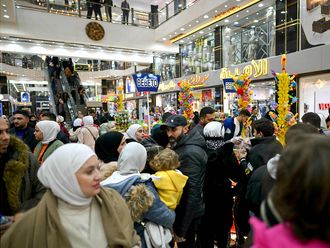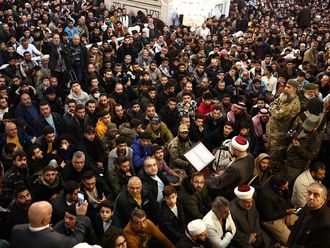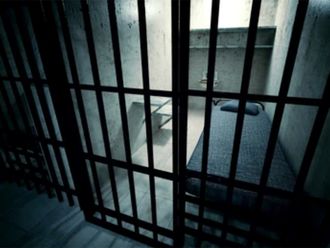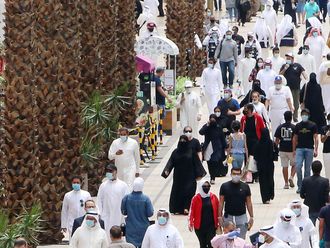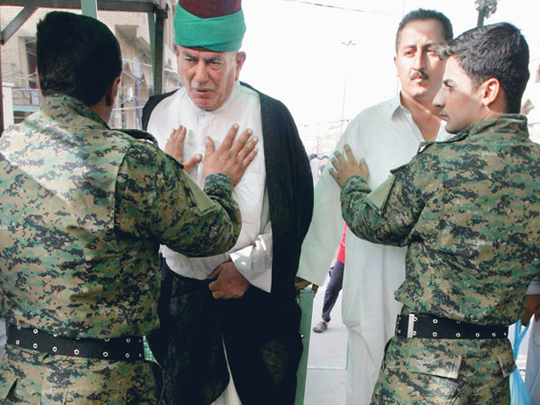
Baghdad: Iraq's parliament, on Tuesday, postponed indefinitely what would have been only its second session since elections in March, extending a political deadlock that has plagued the country.
The delay is the latest setback, in what has been a nearly five-month process, that has yet to result in a new government being formed, and comes barely more than a month before US combat troops are set to withdraw from Iraq.
"We are postponing the session until further notice because the political entities failed to reach any agreement," Fouad Massum, who as the oldest Member of Parliament holds the post of Caretaker Speaker, told a news conference. "We held a meeting this morning with the heads of the parliamentary blocs and we agreed to give more time to political entities to reach agreement regarding the selection of a speaker and his two deputies." He added: "The representatives of the political entities insisted on calling the current government a caretaker administration."
Tuesday's session was to have been only the second since the March 7 parliamentary election. The first, which took place on June 14, was adjourned after only 20 minutes.
The selection of a new speaker and president, ahead of the naming of a new premier, is likely to be part of a grand bargain between Iraq's competing political blocs, further complicating the formation of a new government.
Iraq's four main political groups, none of which has the 163 seats required for a parliamentary majority to form a government on its own, have been unable to hammer out a coalition deal since the nationwide vote.
The political vacuum continues to dog Iraq with just a month to go before US combat troops are due to leave the country at the end of August.
Meanwhile, the US military's top officer arrived in Iraq on Tuesday, to review plans for a troop drawdown and efforts to form a governing coalition.
Meanwhile, Admiral Mike Mullen, Chairman of the US Joint Chiefs of Staff, arrived in Baghdad after a two-day visit to Afghanistan, where he checked on progress in the nearly nine-year-old war.
His visit to Iraq comes after twin car bombs killed 21 people on Monday in the southern Shiite holy city of Karbala, while four people died in a suicide attack on a Saudi-funded television channel in Baghdad.
US and Iraqi officials have warned that there may be a rise in violence, as negotiations on forming a new governing coalition have dragged on without agreement, more than four months after parliamentary elections.



